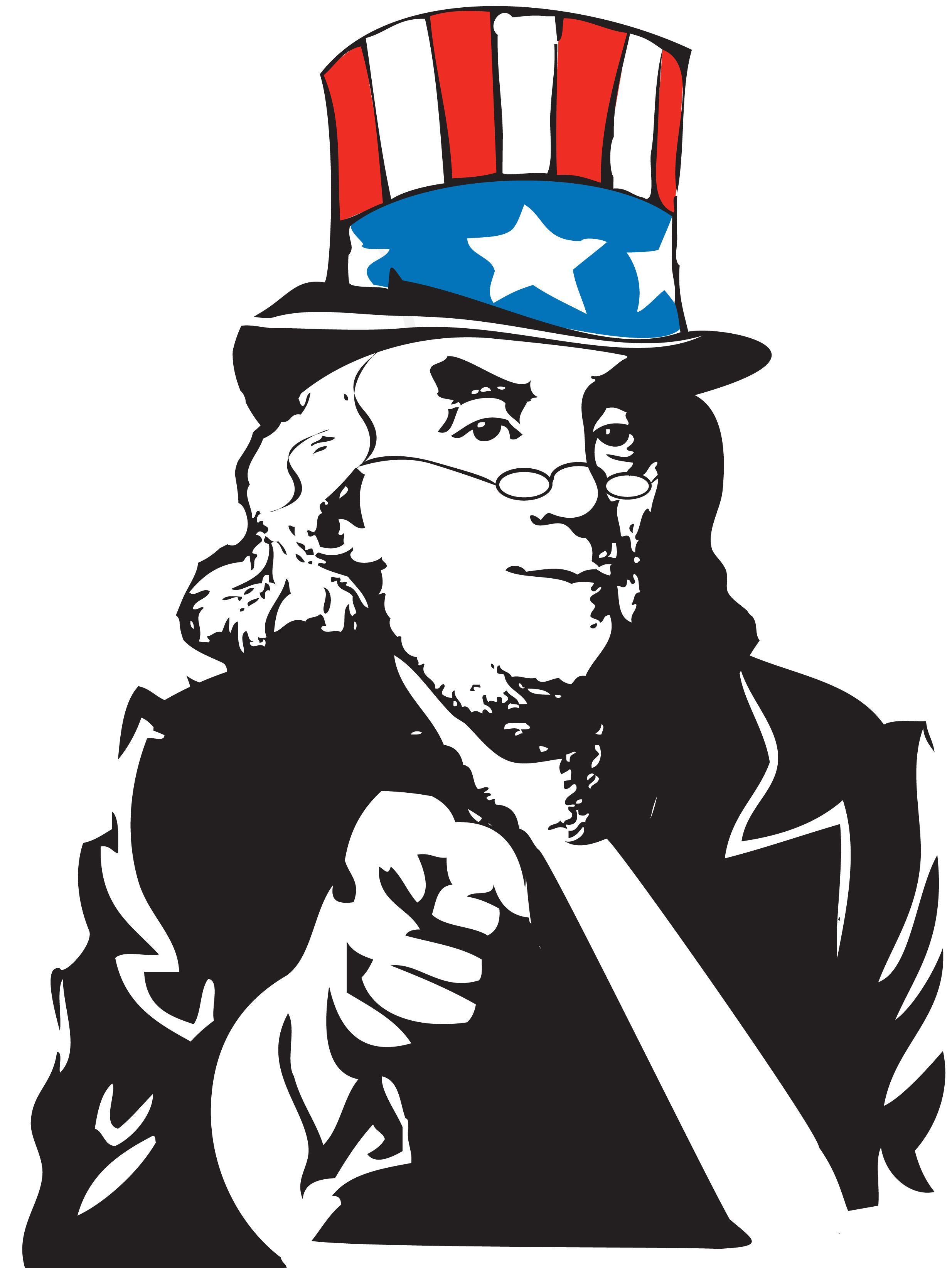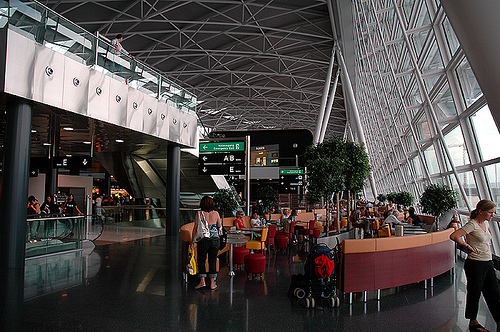I am old enough that most of my friends have become bosses in their jobs. So, they make decisions about who will work for them. Recently, I got to learn more about what they consider to be deal breakers in a job application. Here are four of them:
– Deal breaker: Resumes longer than one page. This is a bigger issue for the corporate employers than the nonprofit employers. To be safe, keep your resume to one page at least until you turn 30. If you need help choosing what to include on the resume, meet with a career counselor in Career Services. Exception: resumes for positions in the federal government are often 2-3 pages long because they require more detail.
– Deal breaker: Not showing understanding of what the job entails. Apparently, employers can spot generic cover letters in 10 seconds and eliminate a quarter of applications this way. How to get your application to the “interview” pile? Write to the employer about the job and how you will use your skills and experiences in the position.
– Deal breaker: Apologizing for not being able to do the job. I come across phrases like this a lot in cover letter critiques: “While I don’t have a lot of experience in the field, I ….” Since you’ve only got a page to cover a lot of ground, focus on what you have done and what you can do.
– Deal breaker: Not dressing up for an interview. It seems obvious that we should wear a suit to a job interview, yet Penn grads have reportedly shown up for an interview at a nonprofit organization dressed in khakis and polo shirt. It did not make a good impression with the interviewer, who had already interviewed three suited-up candidates that morning. Lesson learned: Score some easy points by dressing the part.
I hope that by sharing these insiders’ tips, you will avoid some common job search mistakes. Good luck!






